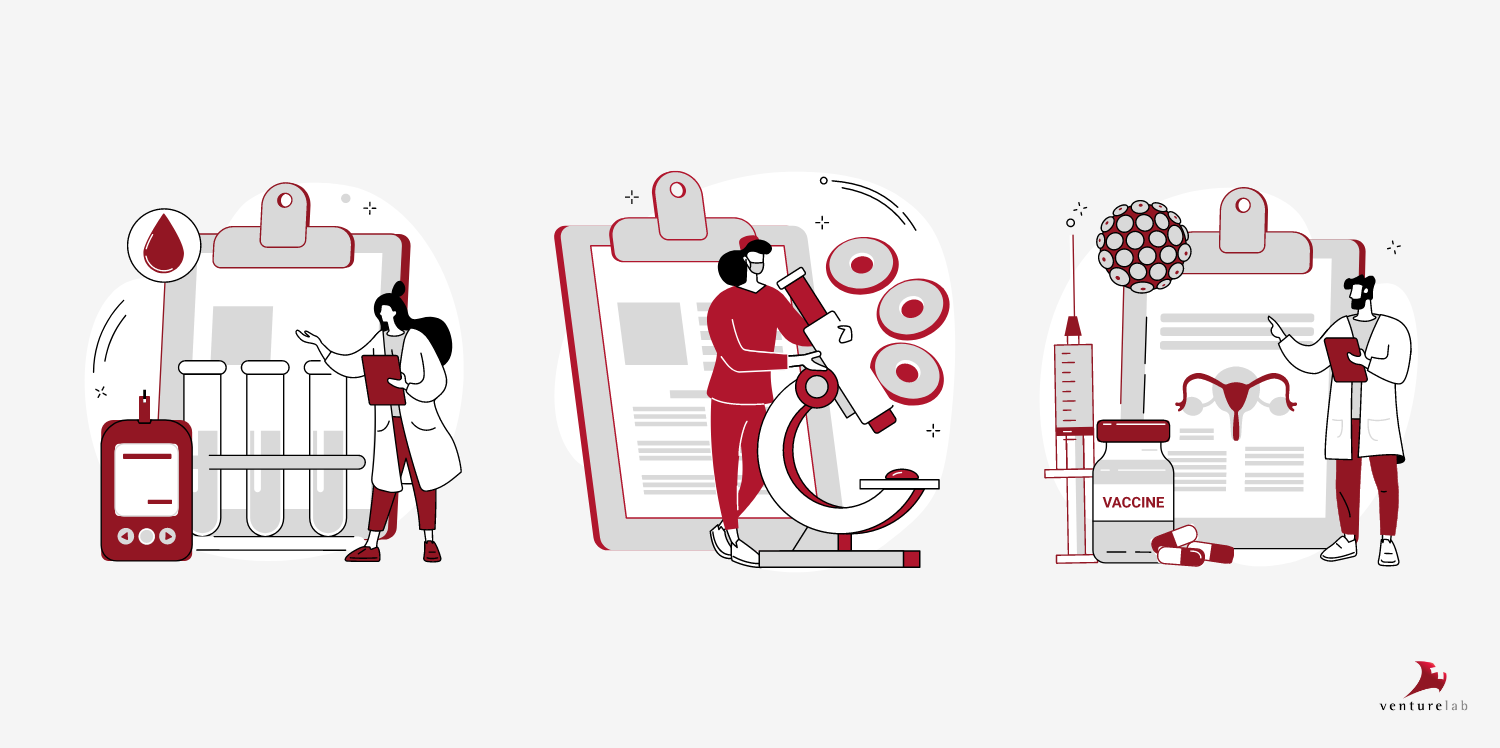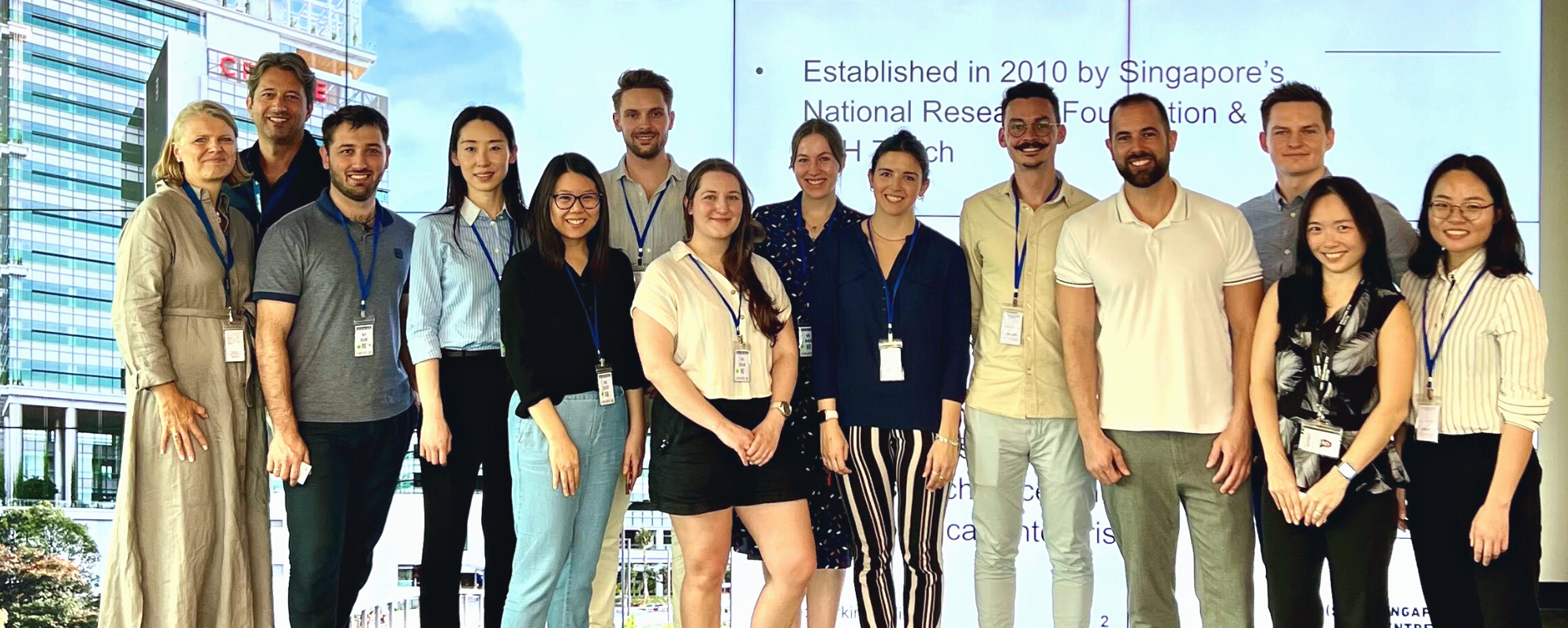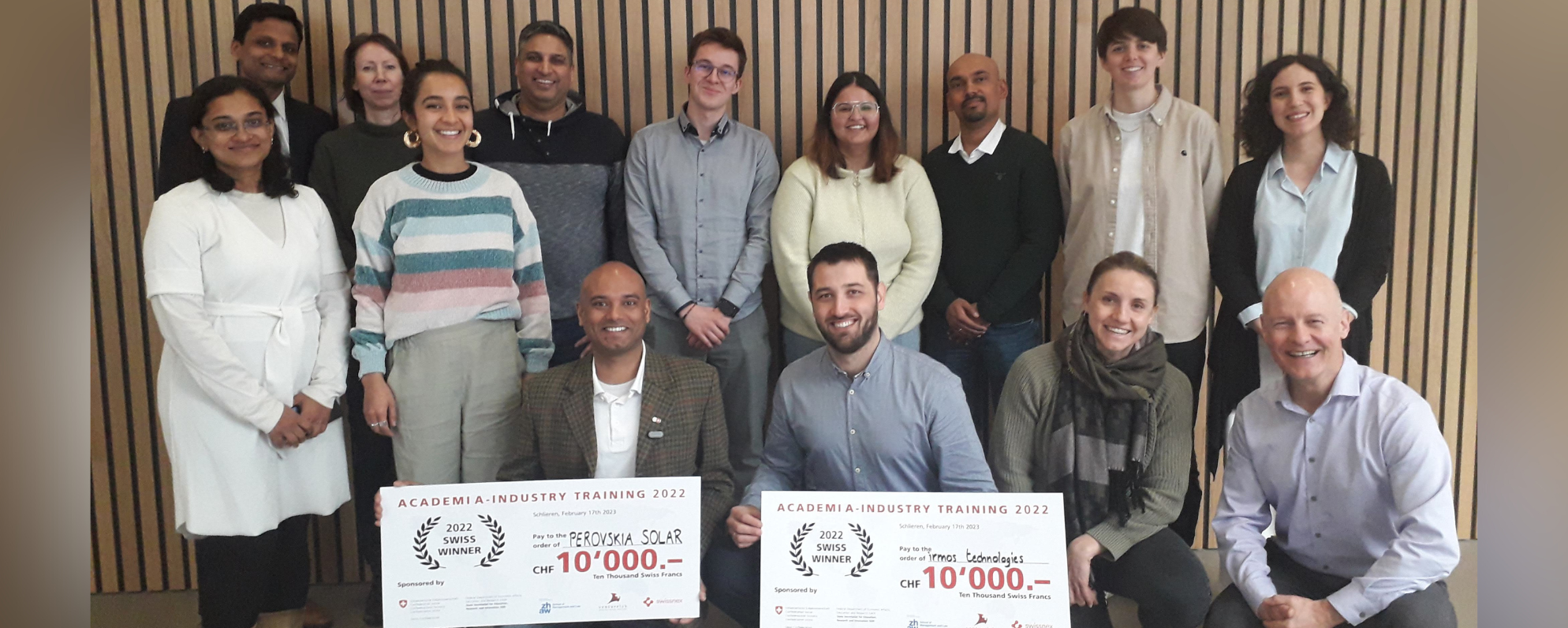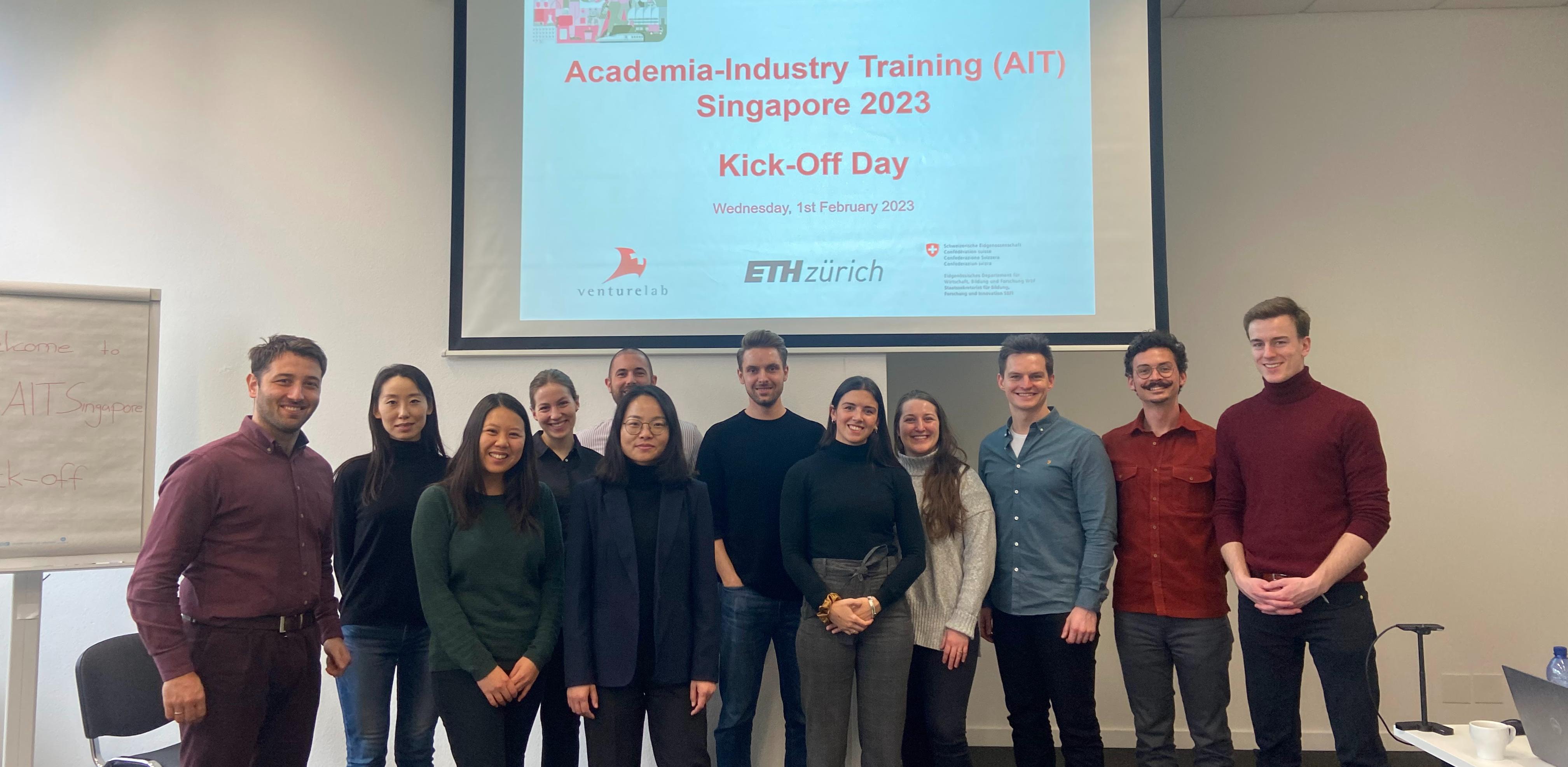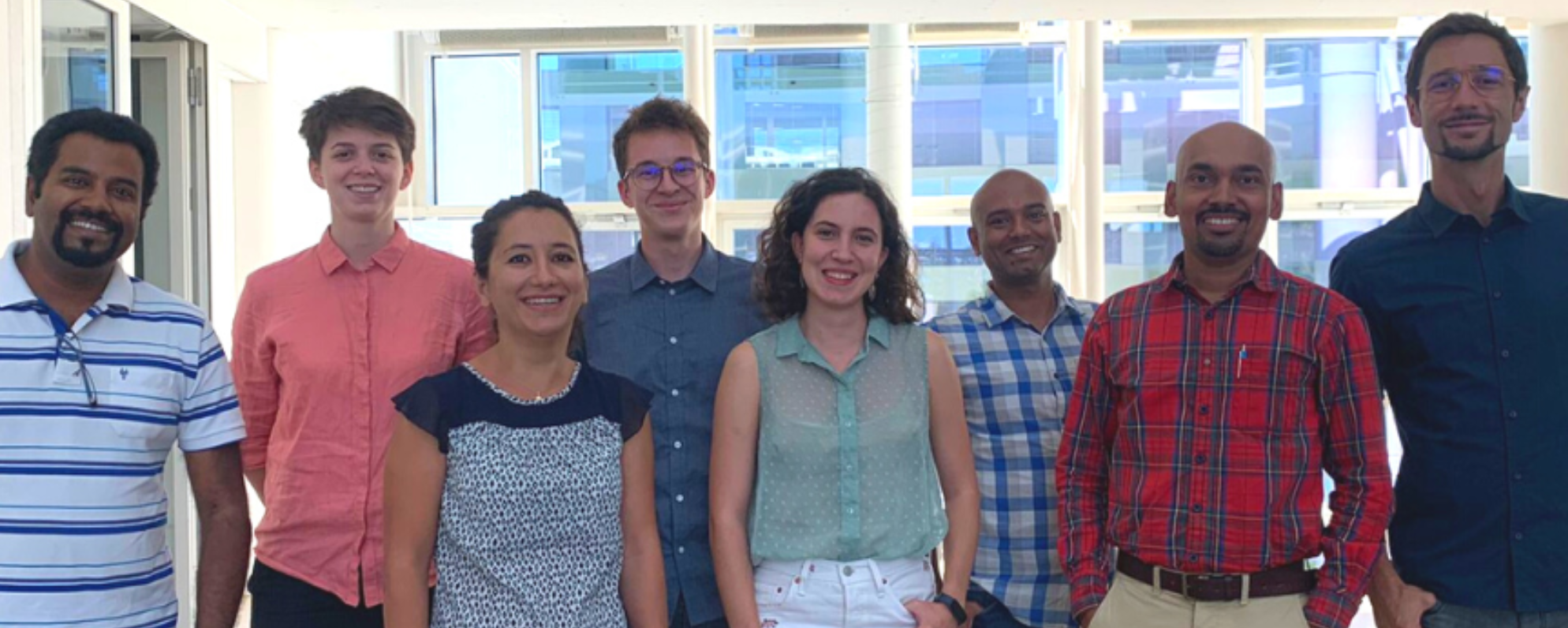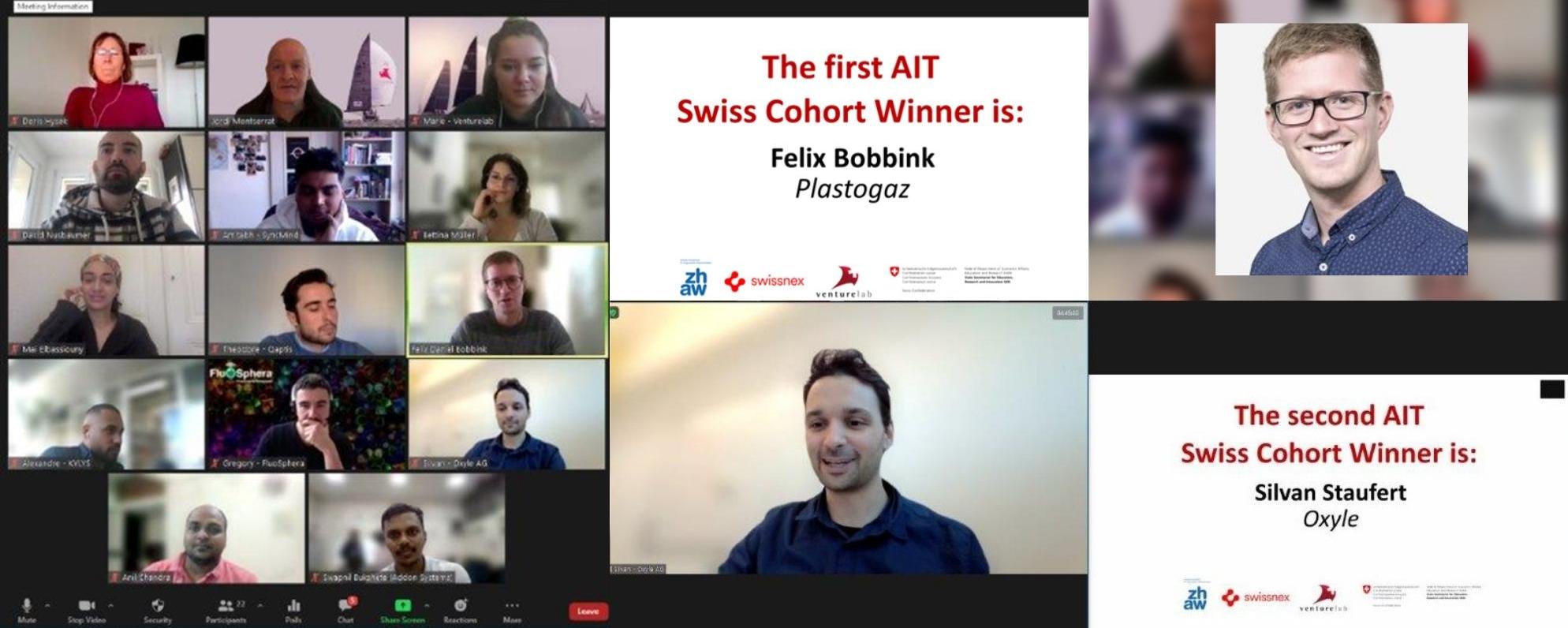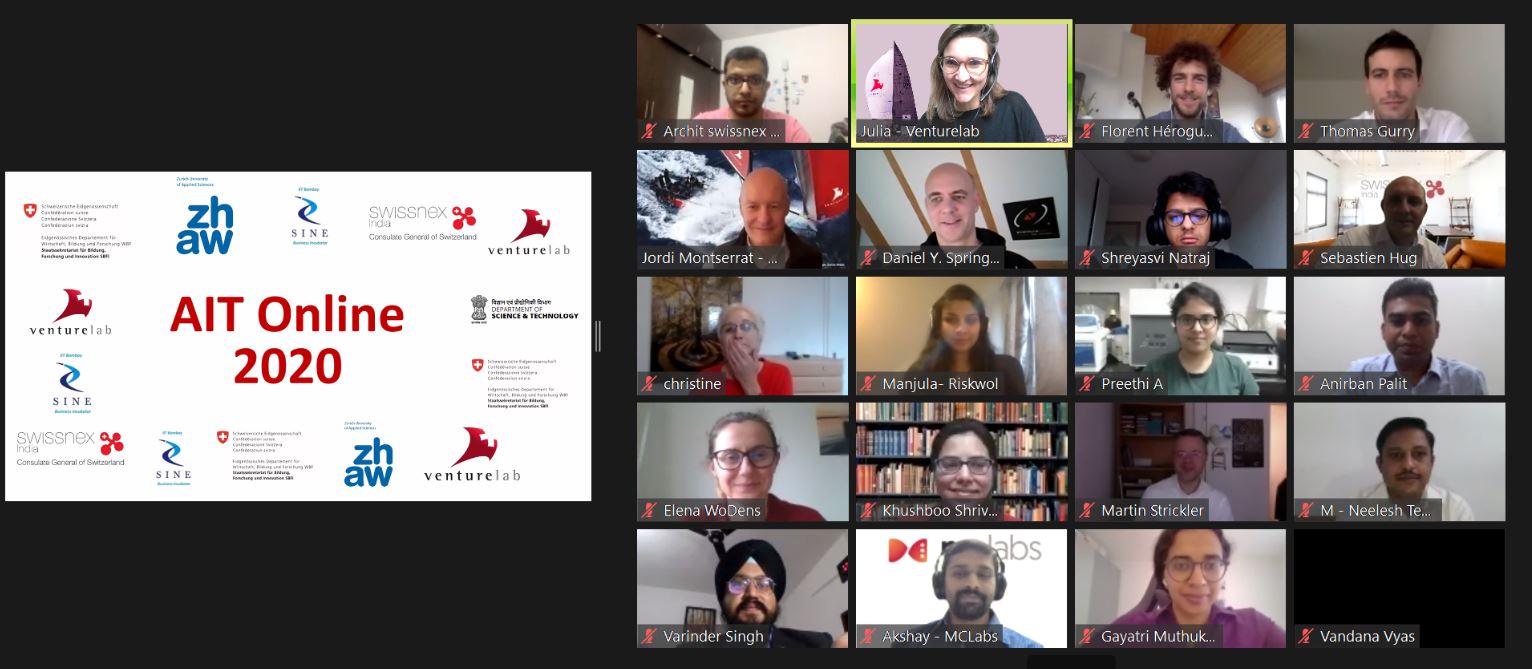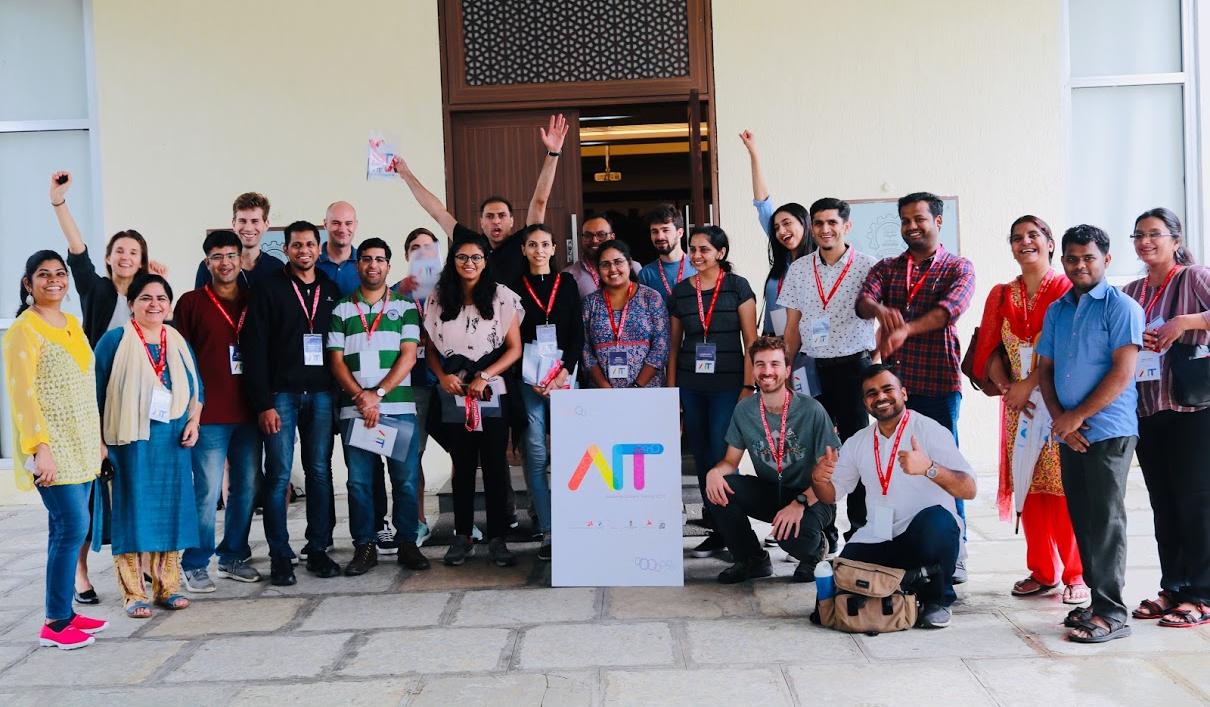Earlier this month, ten sciencepreneurs spent a week in Singapore to get to know the South-East Asian startup ecosystem as part of the Academic-Inustry Training (AIT) program. We talked to Robin Vital, program manager at the Leading House Asia ETH, about the benefits of building bridges between Swiss and Asian innovators and institutions.
 Robin Vital is a program manager at Leading House Asia at ETH Zurich, which mandated Venturelab to execute the AIT Singapore program as part of the Swiss State Secretariat for Education, Research and Innovation's effort to foster connection and collaboration with East and South-East Asia. Leading House Asia supports young researchers and innovators with various types of grants that give a boost to their academic trajectories and open doors to the ASEAN region. The week in Singapore allowed ten sciencepreneurs to visit academic institutions and startups while connecting with industry experts and peers. It was a unique opportunity to gain insight into the history and dynamics of South-East Asia's vibrant innovation hub.
Robin Vital is a program manager at Leading House Asia at ETH Zurich, which mandated Venturelab to execute the AIT Singapore program as part of the Swiss State Secretariat for Education, Research and Innovation's effort to foster connection and collaboration with East and South-East Asia. Leading House Asia supports young researchers and innovators with various types of grants that give a boost to their academic trajectories and open doors to the ASEAN region. The week in Singapore allowed ten sciencepreneurs to visit academic institutions and startups while connecting with industry experts and peers. It was a unique opportunity to gain insight into the history and dynamics of South-East Asia's vibrant innovation hub.
What is the motivation behind the AIT Singapore program?
The Leading House Asia, responsible for the promotion of collaboration in science and technology in the East and South-East Asia region, wanted to follow the great examples of AIT programs in other world regions and believes that a connection of Swiss sciencepreneurs to the South-East Asian ecosystem is of great importance.nIt not only connects Swiss innovation to one of the largest business environments worldwide but also offers early-stage startups the opportunity to learn about a different world region and all its opportunities for tech innovators.
What do you think are the AIT program's greatest benefits?
The greatest benefits of the AIT program are the diverse and interesting sessions that are offered to the sciencepreneurs. Ranging from sessions on the innovation and tech system in the region to sessions hearing about other founders' experiences and expert sessions on topics such as venture capital or financial planning.
In addition, all the field trips to companies, startups, and social events are significant opportunities for the sciencepreneurs to share experiences and network. It's a dense program that covers many topics and offers a great overview to our busy sciencepreneurs!
How do Leading House Asia and the AIT Singapore program help young researchers looking to connect with the startup ecosystem?
The young researchers in the program are all connected through their entrepreneurial spirit and their startup idea. By virtue of exchanges within the group, connections with experts from the region, and networking with universities or governmental agencies, the sciencepreneurs are getting the unique opportunity to dive deep into the startup ecosystem in the SEA region and to get to know all its different facets.
Why is it important to build bridges between Switzerland's and Asia's scientific and business communities?
South-East Asia is the big hub when it comes to tech startups in the future. Countries like Singapore strongly support startups and their ideas through funding and support opportunities. Moreover, South-East Asia is an extremely large yet heterogeneous market and offers plenty of opportunities to launch or expand one's startup in that market.
How was the AIT Singapore experience for you?
It was an amazing trip. We gained an understanding of innovation and the business environment in the SEA region, got connected with entrepreneurship programs at different universities and government agencies, and were able to network with people involved with startups in Singapore. While I am not an entrepreneur myself, I highly appreciated this interesting week; it was great to see the sciencepreneurs enjoying the program.

The AIT Singapore 2023 team at the National University of Singapore
THE AIT SINGAPORE 2023 TEAM
Ruiqing Ni, Ph.D. | UZH | Medtech
Neuropat: Aiming to create a paradigm shift in the early diagnosis of Parkinson's disease with a novel diagnostic imaging biomarker.
Noemi Gozzi | ETH | Biotech
MY-SENSATION: Developing a device for nerve stimulation that improves mobility and decreases pain.
Holly Stäheli | BFH | Engineering
Drone Imagery: Creating drone sensors for the early detection of black-beetle infestations that will enable forest enterprises and managers to remove infected trees before other trees are affected.
Mandy Bootanrat, Ph.D. | ETH | Biotech
Ariya Bio: Developing a gene editing CRISPR/Cas9 therapeutic strategy to increase beneficial hemoglobin in hemoglobinopathy patients.
Christopher Wall, Ph.D. | EPFL | Medtech
Maven Health: Empowering primary healthcare providers to identify people who are at risk but have not yet been identified by the traditional healthcare system with AI-driven metabolic health predictions.
Paulius Viskaitis, Ph.D. | ETH | Medtech
SmartVNS: Improving rehabilitation with an intelligent, non-invasive form of brain stimulation that uses real-time motion tracking and analysis.
Panagiotis Martakis | ETH | Engineering
Irmos Technologies: Deploying AI to prolong the life of buildings and bridges and optimizing maintenance planning and assessing structural conditions.
Christopher Lankhof | ETH | Foodtech
Sallea: Developing novel cell-growth scaffolds for the cultivation of meat that provides open, hierarchical porosity and free choice of material for enhanced nutrient transport.
Sailan Shui | EPFL | Biotech
NanoDecoder: Designing nanopore-based technology for molecular sequencing for use in food-quality checks and disease diagnosis.
Thomas Lumpe, Ph.D. | ETH | Medtech
breathe: Improving critical care in low-resource settings with a ventilator design for emergency use.


